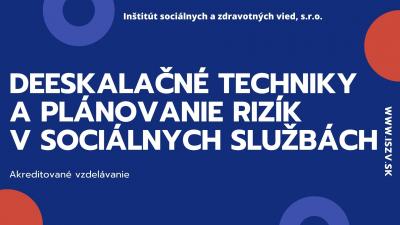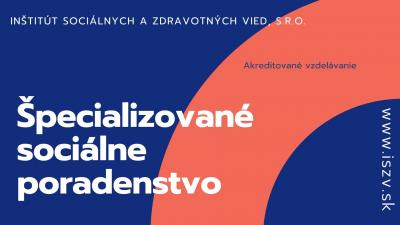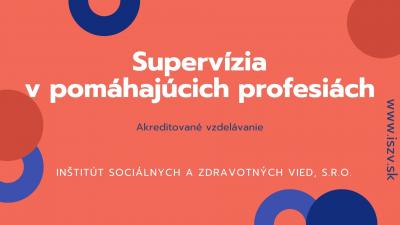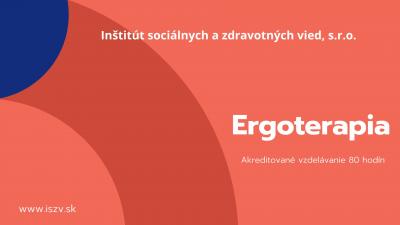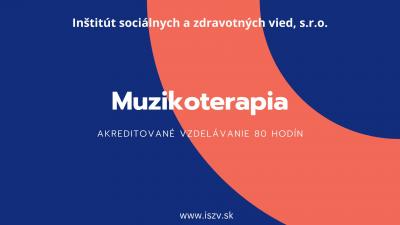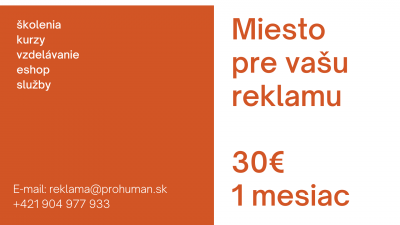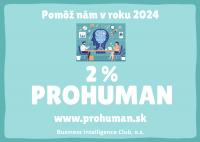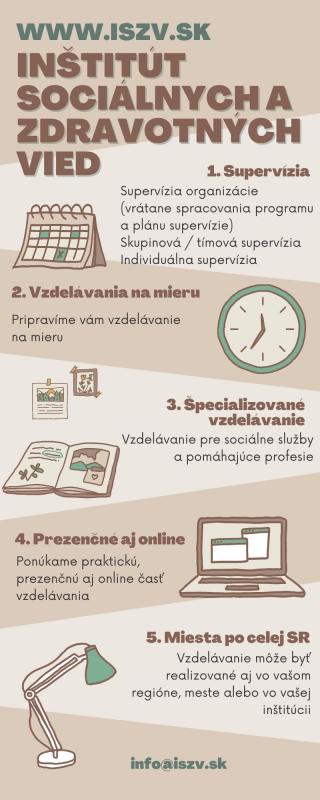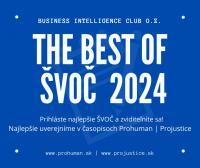(Úlohy odmien a trestov vo vzdelávaní v rannom detstve)
Abstract: Punishment and reward in early childhood education plays a very important role. Allows to reward and reinforce good behavior and eliminate the bad. Skilful use of positive reinforcement and punishment affects educational process of the child. The purpose of reward and punishment causes positive changes in student behavior. Rewards and punishments are closely related. Deprivation of award works like a penalty, and avoiding the penalty works like a reward. Reward and punishment have the function of a controling child behavior. Reward tells him about the success - student does not change his behavior. Penalty by informing about failure, provokes correct actions and changes their behavior.
Keywords: punishment, reward, student, teacher, technique, method, education
Abstrakt: Trest a odmena vo vzdelávaní v rannom detstve hrá veľmi dôležitú úlohu. Umožňuje oceniť a posilniť dobré správanie a eliminovať zlé. Obratné používanie pozitívnej motivácie a trestu vo vzdelávacom procese významne ovplyvňuje dieťa. Účelom odmeny a trestu, je výzva k pozitívnym zmenám v správaní dieťaťa. Odmeny a tresty sú úzko spojené. Odmena a trest pôsobia ako kontrolné procedúry. Odmena informuje o úspechu - dieťa nezmení svoj postup. Trest informuje o neúspechu, vyvoláva reakcie na zmenu svojho správania.
Kľúčové slová: Trest, odmena, dieťa, učiteľ, technika, metóda, vzdelávanie
Reward and punishment existing always in human education. Human nature is to desire for rewards and avoid punishments. These are the basic concepts in the modern theory of the behavior of living creatures.In the ordinary sense of reward and punishment are the factors that stimulate the activity. In the case of awards is to stimulate the announcement of a pleasant state. And punishment in ordinary sense is unpleasant experience due to the execution of unwanted action. Therefore raises human activity to better behavior. Rewards and punishments are closely related. Deprivation of award works like penalty, and avoid the penalty works like reward.
The purpose of reward and punishment is to call to positive changes in student behavior. Stanislaw Mika defines punishment as a negative situation, which we try to avoid, because it is accompanied by unpleasant emotional state (1). Using punishment can not completely eliminate undesirable behavior, with the punishment you can not completely eliminate unwanted behavior, just soften them for a while. Sharp penalty also lead to the occurrence of socially undesirable effects, such as consolidation and transmission patterns of aggressive behavior in human relationships and the movement of aggressive responses to others (2). Penalty in terms of Czeslaw Czapówa should play corrective and preventive role. The purpose of punishment should be student improve and therefore must raise its self-confidence and the possibility of compensation (3). Tadeusz Krajewski believes that the punishment as a method of education fulfills its function, if used consciously, consistently and at the same time if its union with what they have committed, so that triggers a feeling of guilt because of it, acquaints the child with its consequences, and teaches responsibility and predict the results of their actions, and triggers the desire to change their behavior (4).
Marian Grochociński gives a few rules that the punishment will fulfill a positive role:
- Adapting penalties to action , and linking it
- Justice, which is proportional to the guilt
- Consistency and unanimity educators in punishment;
- Gradation of penalties depending on the importance of the offense;
- Consideration of individuals, age of the child and motives of his conduct;
- Moderation in the use of punishments
- Various repertoire of punishments (5).
Interesting observation, from a pedagogical point of view, transmit S. Mika, who points out: ,,that the punishment properly fulfills its functions when between a punishing and punished there is a emotional bond, understanding and belief, sympathy, kindness and mutual acceptance of standards ' (6).
Stanislaw Mika defines the award as a positive situation, wanted by your body, because it is accompanied by a pleasant emotional state. Therefore award is a positive reinforcement (7).
Marian Łobocki made the following division of positive reinforcement techniques. It stands out for:
- Direct gratification technique (immediate)
- The technique of concluding the contract,
- Successive gratification technique known in the literature under the name of token strengthening (tokensystem) and economics tokens (token economy) (8).
Immediate gratification technique is generally used in cases of serious failures in learning and behavioral disorders student. In the present technique applies following a few basic rules, known as rules of strengthening:
- reinforcing only the desired behavior manifestations from social and pedagogical point of view;
- socially and pedagogically desirable behaviors require reinforcements immediately after the manifestation of the students in the event of interruption gain can be harmful;
- during the initial reinforcement of specific behavior should be strengthened every time, as soon as it appears in the field of view of the teacher;
- when strengthened behavior begins to appear more and more frequently and satisfactorily, it should be strengthened intermittently rather than continuous and systematic;
- gain by rewarding material, such as books, postcards, sweets, should be combined with the strengthening of a social nature, such as the expression of praise or recognition.
Concluding contract technique has been used by Janusz Korczak and consisted of making the arrangement between teacher and student. And so it was a two-way arrangement. This means that if a pupil completed the previously agreed terms as to improve its behavior, received an award, for example, two candys. However, if these conditions are not met, he was obliged to give two candys to the teacher, with whom he made the arrangement.
Gradual gratification technique is called often economics token strengthening, strengthening token system. It combines the properties of both techniques discussed above. It is based on the positive reinforcing desired behavior or school achievement. Strengthens them first by scoring or symbolic things( chips), and only then in the form of material reward. For example, every time a student doing their homework carefully receives one point, and as a result of 10 and 20 points accordingly reward him (9).
Punishment and reward in early childhood education plays very important role. It allows us to reward and reinforce good behavior and eliminate the bad one. Skilful use of positive reinforcement and punishment perfectly affects educational process of the child. Maria Przetacznikowa considers that the reward and punishment have the controling function of children behavior. The award inform about the success - student does not change his behavior. Punishment, however, indicate a failure, provokes the correct actions and change their behavior (10). Teacher should remember that each child is an individual unit and therefore the punishment and reward should be adapted to child's mental and physical capabilities. It should be noted that the frequent use of punishments does not bring positive results. Punishment should be replace by praise and positive reinforcement, and thus try to get positive results in the educational process.
Authoress: Authoress: MA Małgorzata Myszka
Department of teaching
Department of early school education
University of Natural Sciences and Humanities in Siedlce, Poland
Literature:
ANGIELCZYK, A. 1994. Kara-metodą wychowania? In Edukacja i dialog, vol 6/59, 1994.
CLIFFORD, H. 2006. Dyscyplina i kierowanie klasą, Warszawa: PWN, 2006, 128-158 p.
CZAPÓW, CZ. 1968. Rodzina a wychowanie. Warszawa: Nasza Księgarnia, 1968, 195 p.
GROCHOCIŃSKI, M. ml. 1979. Kultura pedagogiczna rodziców. In ZIEMSKA, M. (ed.) Ziemska Rodzina i dziecko. Warszawa: PWN, 1979, p. 324.
KRAJEWSKI, T. 1960. Nagroda i kara w wychowaniu In Życie Szkły, vol 11, 1960, p. 25.
ŁOBOCKI, M. 1992. ABC wychowania. Warszawa: WSiP, 1992, 113 p.
MIKA, S. 1966. Społeczne aspekty karania. In Psychologia Wychowawcza, vol. 4, 1966, p. 380-38.
PRZETACZNIKOWA, M., WŁODARSKI, Z. 1986, Psychologia wychowawcza. Warszawa: PWN, 1986, 53 p.
1) MIKA, S. 1966. Społeczne aspekty karania. In Psychologia Wychowawcza, vol. 4, 1966, p. 380.
2) MIKA, S. 1966. Społeczne aspekty karania. In Psychologia Wychowawcza, vol. 4, 1966, p. 380.
3) CZAPÓW, CZ. 1968. Rodzina a wychowanie. Warszawa: Nasza Księgarnia, 1968, 195 p.
4) KRAJEWSKI, T. 1960. Nagroda i kara w wychowaniu In Życie Szkły, vol 11, 1960, p. 25.
5) GROCHOCIŃSKI, M. ml. 1979. Kultura pedagogiczna rodziców. In ZIEMSKA, M. (ed.) Ziemska Rodzina i dziecko. Warszawa: PWN, 1979, p. 324.
6) MIKA, S. 1966. Społeczne aspekty karania. In Psychologia Wychowawcza, vol. 4, 1966, p. 390.
7) MIKA, S. 1966. Społeczne aspekty karania. In Psychologia Wychowawcza, vol. 4, 1966, p. 390.
8) ŁOBOCKI, M. 1992. ABC wychowania. Warszawa: WSiP, 1992, 113 p.
9) ŁOBOCKI, M. 1992. ABC wychowania. Warszawa: WSiP, 1992, 134 - 162 p.
10) PRZETACZNIKOWA, M., WŁODARSKI, Z. 1986, Psychologia wychowawcza. Warszawa: PWN, 1986, 53 p.
